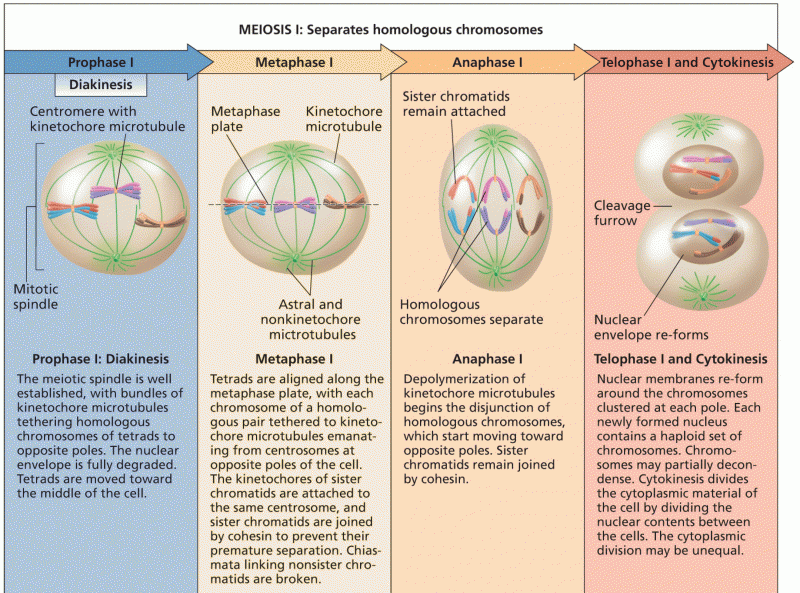|
|
|
Malaria mortality rates are falling. Increased malaria prevention and control measures have greatly improved these rates. Since 2000, malaria mortality rates have fallen globally by 60% among all age groups, and by 65% among children under age 5.
Nearly 31 million adults in America have a total cholesterol level that is more than 240 mg per dL.
For about 100 years, scientists thought that peptic ulcers were caused by stress, spicy food, and alcohol. Later, researchers added stomach acid to the list of causes and began treating ulcers with antacids. Now it is known that peptic ulcers are predominantly caused by Helicobacter pylori, a spiral-shaped bacterium that normally exist in the stomach.
More than 4.4billion prescriptions were dispensed within the United States in 2016.
In the United States, an estimated 50 million unnecessary antibiotics are prescribed for viral respiratory infections.







